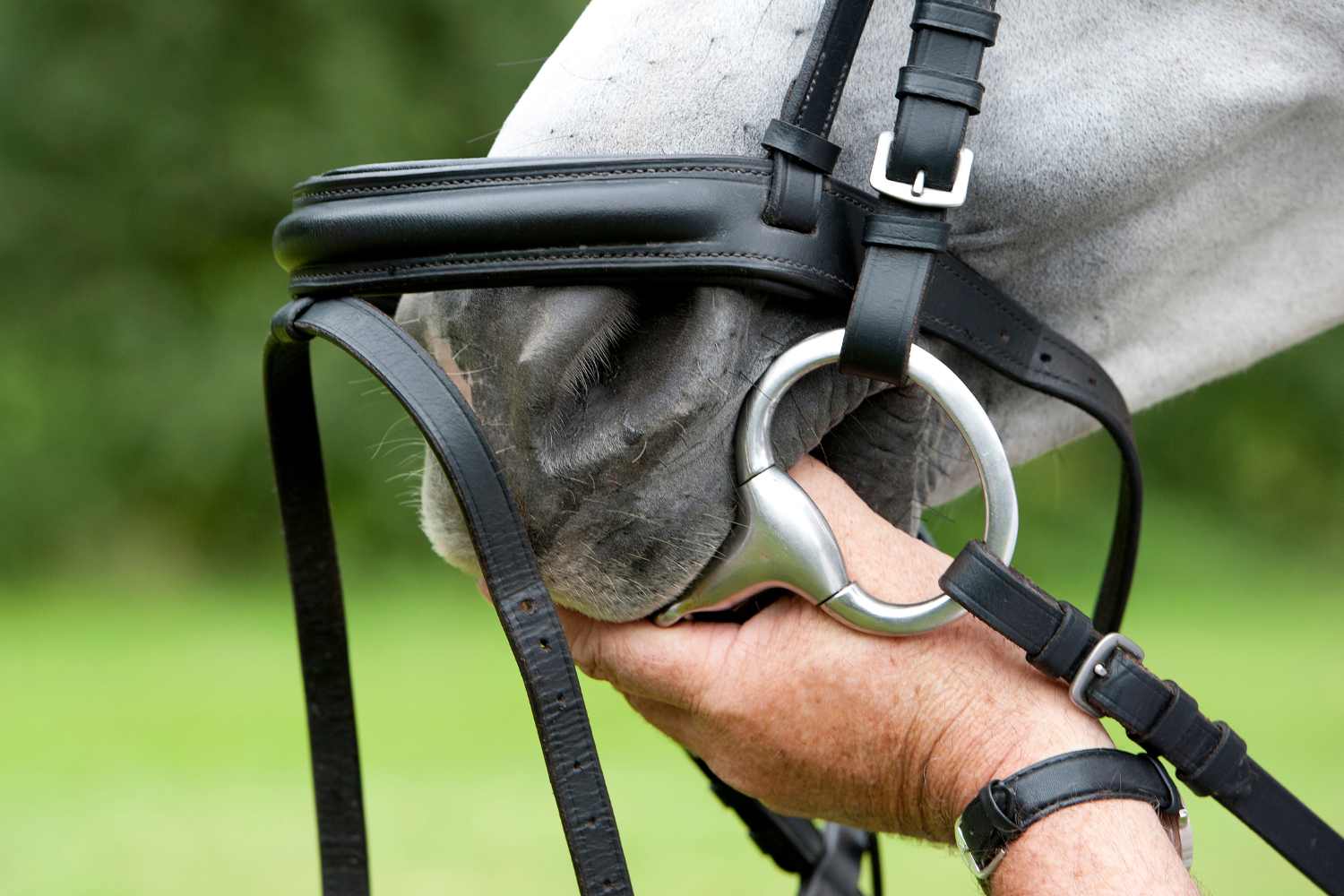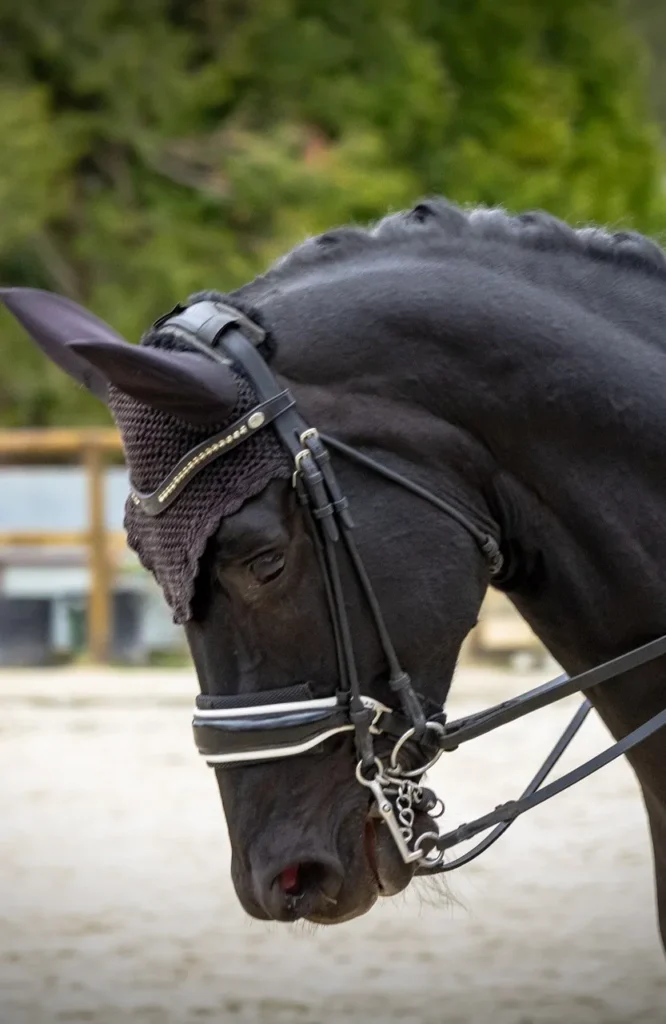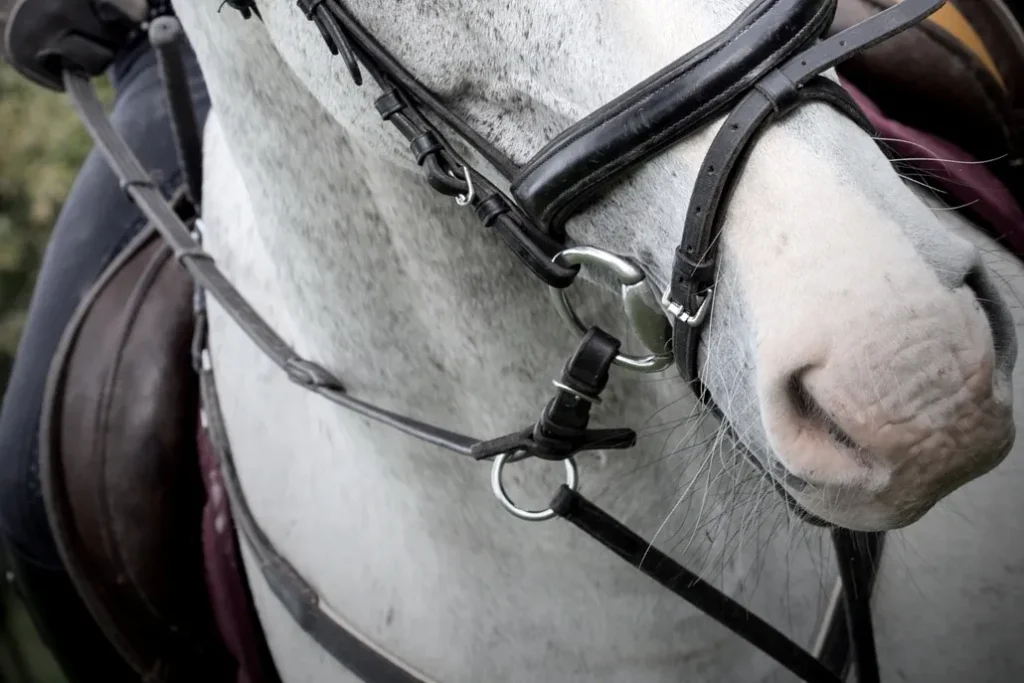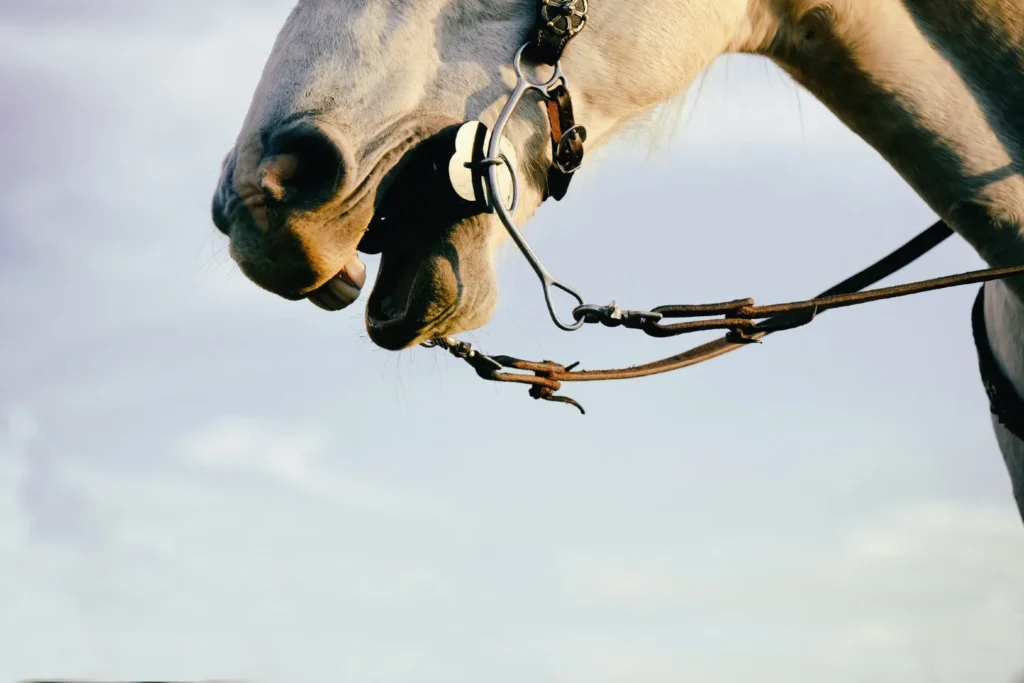Menu

Which bit do you ride with? When it comes to horses and ethics, the use of the bit is probably one of the most debated topics – and for good reason. The mouth is one of the horse's most sensitive areas, and we as riders can hardly feel how it feels inside the gums when we pull on the reins. Therefore, the use of a bit requires a sensitive hand, and it is something that all riders must learn – especially the completely new ones. Read on as we review three types of bits that – if used incorrectly – can cause significant damage to the horse's mouth. And learn more about how your bit actually works so you and your horse can have a better riding experience.
Do you have complete control of how the bit works in your horse's mouth when you pull on the reins? Unfortunately, many riders still pull and tug on the reins without having a thorough understanding of how the horse's mouth reacts to the pressure.
There are no two horse mouths that are the same, and these small variations play a role in how the tongue, teeth, palate, and lips react to pressure. Some bits may feel comfortable for one horse but cause significant problems for another.
If the bit pinches or chafes, it can be very painful for the horse, as the mouth is connected to thousands of nerve pathways.
A curb bit can feel very uncomfortable in a horse's mouth if the curb chain is attached incorrectly and causes the bit to pinch down on the bars in the mouth. In the worst cases, the corners of the horse's mouth can get caught between the chain and the bit. If this bit combination is consistently used with heavy hands, it can cause swelling or even sores in the corners of a horse's mouth. That's why it's essential to check that the bit fits the horse's mouth and that the curb chain is tightened correctly. It should neither be too tight nor too loose. To check this, look at the curb bit's shank. It should not be able to be pulled horizontally when you pull on the reins and certainly not pinch the horse's lower lip when the chain is tightened.
On the other hand, the curb chain should not be so tight that you cannot move the curb bit at all. A 45-degree angle is usually considered appropriate.
Also, pay special attention to the fact that the curb bit and the snaffle bit should be positioned higher in the horse's mouth than many realise. If it's too low, the risk of pinching is higher. It's a good idea to consult with a bit specialist to find the right size and position for the bit in the mouth.

Most types of bits consist of two or more connected pieces of metal. Both in the middle and on the sides, where it is attached to two bit rings. If the joints or hinges, as they can also be called, are too loose, it can create great discomfort for your horse. Joints that can move too much in a horse's mouth can irritate the palate or pinch the tongue. Loose joints can also pinch the corners of the horse's mouth, just like with the curb bit.
You should avoid bits that are very cheap and of low quality. Bits that are more expensive usually have higher quality and tend to be less mobile in their joints.
Read also (partnerships): A handy tool for all horse owners for health monitoring, maintaining medical information, care and exercise diaries!
If your horse is bothered by an overly restless bit, you should opt for a mullen mouth bit. Mullen mouth bits are simple and resemble ordinary snaffle bits but have fixed rings that cannot pinch the horse's mouth corners. Mullen mouth bits have smooth sidebars and are available in many materials with straight, two-part, or three-part mouthpieces.

You can also attach rubber bit guards, which limit the bit's ability to move too much in the horse's mouth while also protecting the corners of the mouth.
Two-part pelham bits, where the rein is attached at the bottom of the shank, can also bother the horse if they are used incorrectly. When the pressure is applied, some horses react by bending their necks and tilting their heads rather than turning. This is due to the combination of a two-part bit and a long shank that can pinch the corners of the horse's mouth.
For example, if you need to turn right, you would pull the rein from your right hip. It can happen that the shank pinches the cheek because the bit's mouthpiece is two-part, and the individual sections move independently of each other. In addition to bothering the horse's mouth, the horse's outer side will be completely passive.
In fact, you are giving the horse two different signals at the same time. You are asking it to bend, but at the same time to move away from what is causing pain. And that can't be good for your riding in the long run.

As riders, we need to have a basic understanding of how bits work in a horse's mouth. If you are unsure if the bit is right for your horse, you should speak with a bit specialist. But no matter what bit your horse is using, you also have a responsibility to use it correctly. You should know how a mullen mouth bit works compared to a standard one and how a curb bit works compared to a fixed pelham bit.
If you ride with a standard bit and pull the rein with a force equivalent to two kilos, the horse's mouth and bars will take the 2 kilos. If you ride with a curb or pelham bit, the two kilos will feel like four in the horse's mouth. That's worth thinking about. It is then our responsibility as riders to ensure that the bits are positioned correctly and do not bother the horse.
Source: Horse & Rider